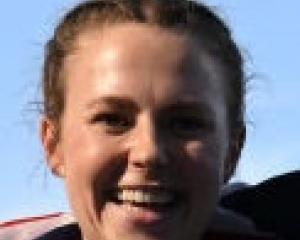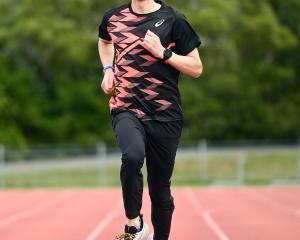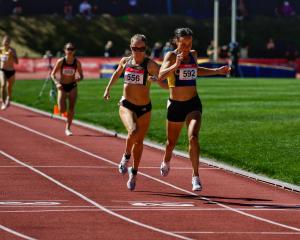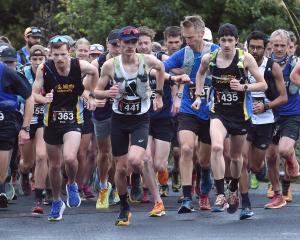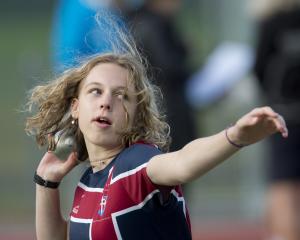She is one of seven coaches selected in High Performance Sport New Zealand's coach accelerator programme, which 42 coaches have gone through since it was launched in 2009.
The programme's goal is to help New Zealand coaches produce more world-class teams and individuals.
The three-year accelerator programme is structured through a series of residential workshops, and gives coaches access to mentors and experts from various high-performance environments.
Bates, who started coaching in her early 20s, said it was an exciting time for her.
''I think the biggest thing is it means I can actually concentrate on coaching,'' she said.
''For so long, a lot of people have thought I'm a paid coach, but I'm not. I've been a total volunteer coach, like so many others, and have done it for passion and because we love the sport.''
Bates, a life member of Athletics Taieri, said it was hard trying to balance a fulltime job while trying to coach international athletes to world championships and Paralympic Games.
She is now employed fulltime by Athletics New Zealand, and plans to give her athletes the extra ''1%'' she did not have time for in the past.
''I just want to be the best I can to enable the athletes to attain their goals,'' she said.
''The big thing for me is being able to be focused and have time to do those extra things, like being able to sit down and review training sessions, review video and be able to sit down with the athletes.
''It's the 1% that makes the difference at an international level. I haven't had the time to do some of the tracking and research I need to.''
As well as coaching a string of able-bodied athletes, Bates is the head coach of the Paralympics New Zealand team, and said the majority of the squad had relocated to Dunedin this year.
''That's all about providing some structure around some of those athletes that don't have that at the moment. So it's not necessarily about me coaching them personally, but more being able to manage them and work with the other coaches here.''
The coaches in the programme will attend 10 residential camps - three this year, two next year and four in 2017 - and will also be required to do ''quite a lot'' of follow-up work, Bates said.
High Performance Sport New Zealand coach Alex Baumann said the quality of coaching in New Zealand was a competitive advantage.
''Through the coach accelerator programme, we're able to help skilled coaches further develop their leadership and coaching styles so that they are world's best and can lead their athletes to world best performances.''
All Black coach Steve Hansen, Cycling New Zealand coach Dayle Cheatley and Black Caps coach Mike Hesson have all gone through the programme in the past.
The other coaches in this year's intake are Anthony Hudson (football), Margaret Forsyth (netball), Scott Robertson (rugby), Tony Iro (rugby league), Gary Roberts (rowing) and Sean Dancer (hockey).




